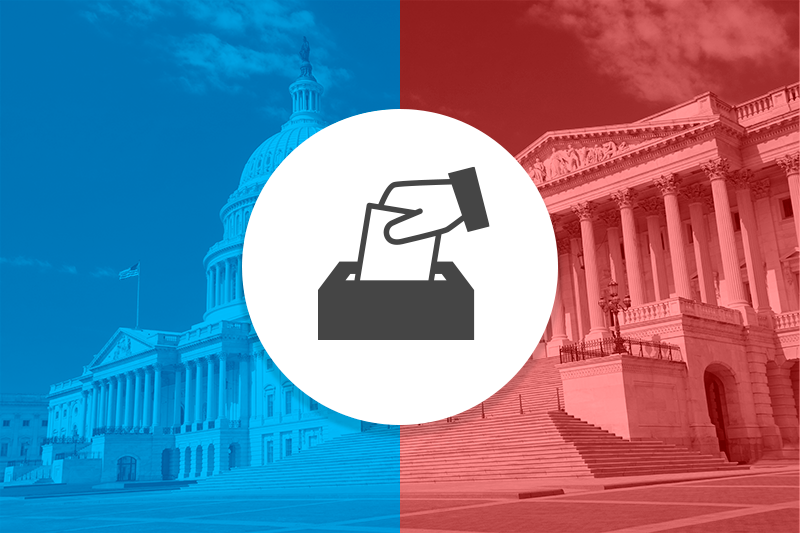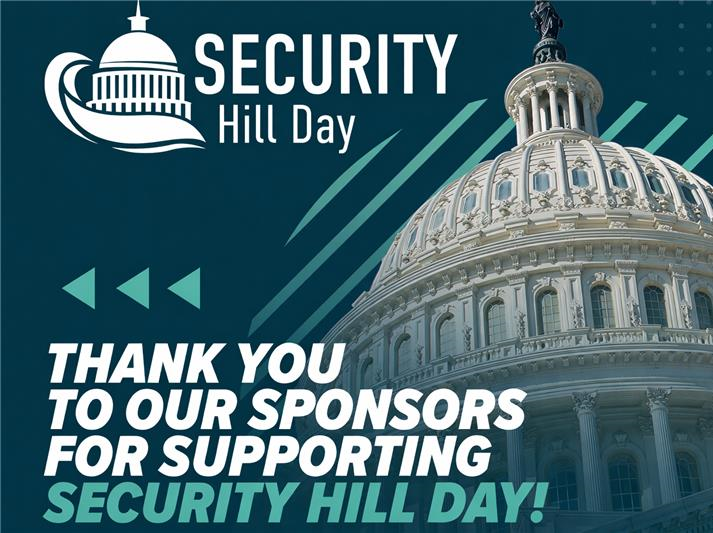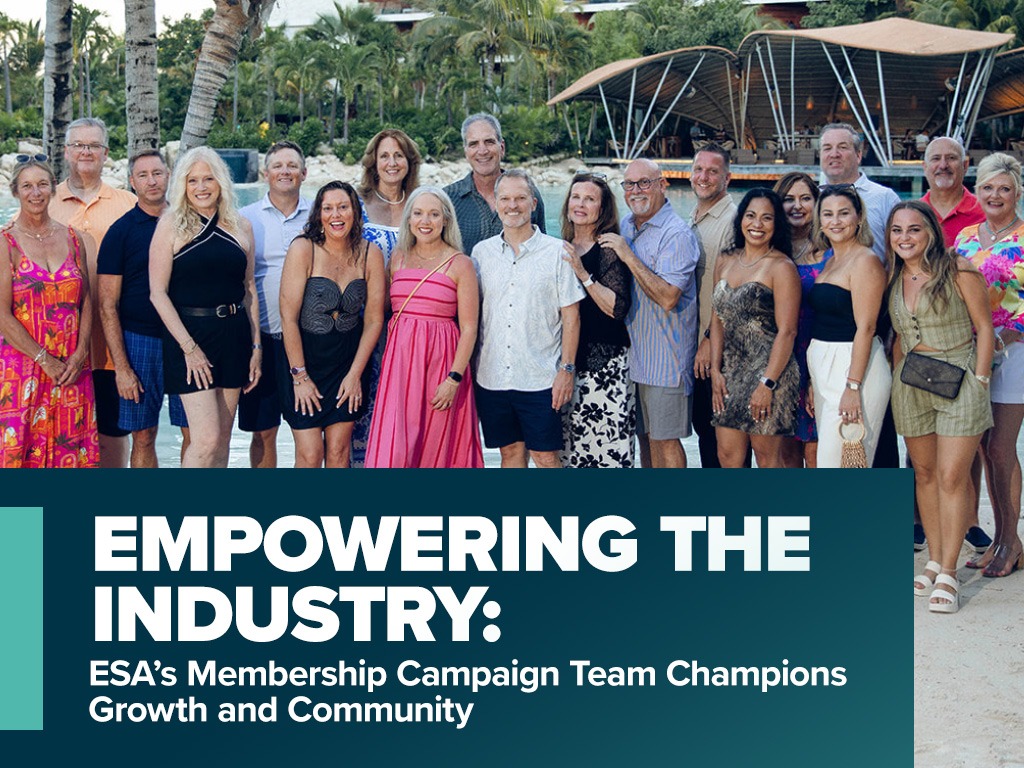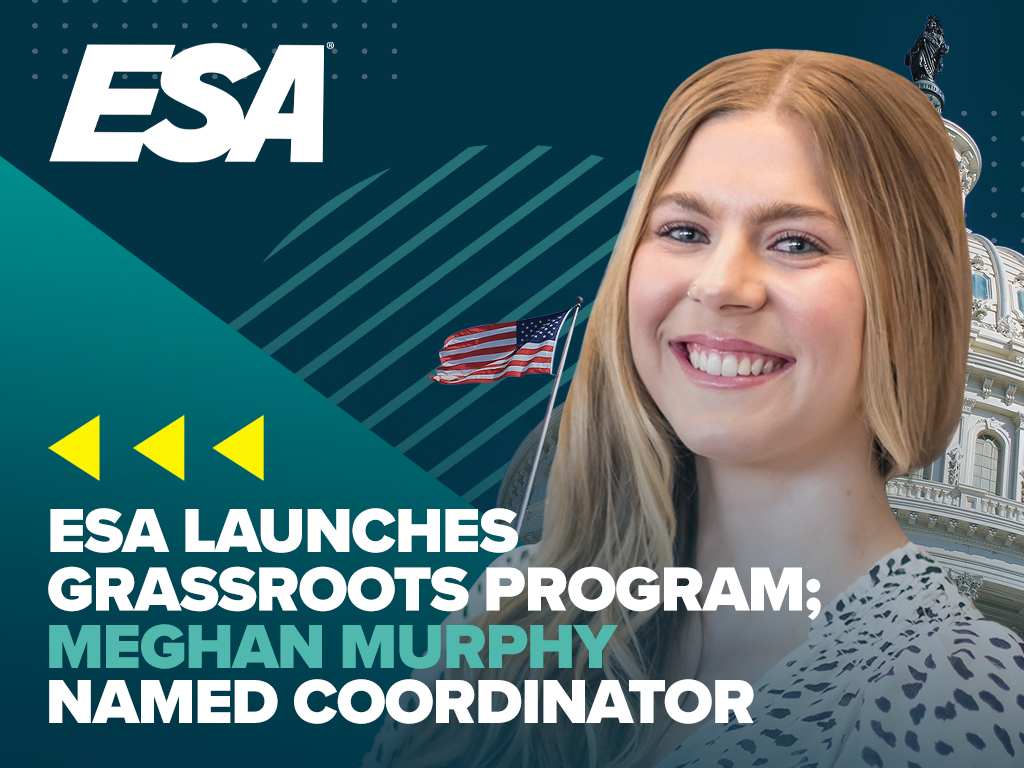Elections Season Begins – What Will Happen Before and After November?

The mid-term elections are often difficult for the party in power at the White House, and it is likely this will be the case in November 2022. But pundits would have us think this time will be different. The Democratic leadership is predicting they will actually maintain control in the House and Senate. Republicans sound as confident that Kevin McCarthy will become the next Speaker of the House and there is a better than even-money chance that Republicans gain control in the Senate. As the old saying goes, “We will see”.
Notwithstanding the outcome of the elections, the economy and what happens with business growth, taxation, inflation, workforce development, labor, and occupational licensing, is what most of us care about. Let’s review these in a little more detail.
Inflation will continue until the fed is able to do what it can do to put the brakes on the demand side of the economy. Housing is beginning to slow, gas prices have fallen, and inventories are rising, but inflation is maintaining its track to stay in excess of 7% for the year. The recently passed “Inflation Reduction Act” – that virtually everyone on both sides of the aisle admit will do nothing to curb inflation – will institute significant corporate taxes that will have a ripple effect as businesses do what they do, adjust to maintain profitability. This, in combination with massive government spending on student loan debt transfer to taxpayers, government subsidies for renewable energy, infrastructure projects, etc. will pump billions into the economy that most economists agree will add to inflationary pressures. The takeaway – be prepared for continuing inflation and overall worsening in economic conditions. I think the “Inflation Reduction Act” will win the award for “least likely to do what the name implies.”
Workforce development is a universal concern for businesses in general and the electronic security and life safety industry in particular. Finding skilled labor is a great concern that will continue to mount, even if growth for the industry slows as the economy softens or even slides into recession. There is no quick resolution to this dilemma. The lack of a skilled labor pool combined with President Biden’s executive order on project labor agreements (PLA) that intentionally excludes merit-based contractors from many public works projects will exacerbate the skilled workforce shortages for virtually all industries.
States continue to have divergent views on occupational licensing, so it remains an area of great concern that adds to workforce shortage in states with growing populations and economies. Reciprocal or universal licensing for skilled trades and professions seems like a great idea, but self-serving interests from some trade unions, contractors, regulators, and others make achieving reciprocal licensing a lofty goal. States with growing economies need to be the first to act. States that refuse to adapt, will suffer.
Labor unions are making significant attempts to grow their membership through government expansion (thus growing public sector unions) and legislation that prefers or mandates labor union participation in government-funded projects. So far, labor has not had enough support for legislation that would undermine “right to work” statutes at the federal and state level, but they will continue their push for these measures that would allow unions to create “closed shop” rules throughout the country. They have been successful by persuading the Biden Administration to issue an executive order that mandates PLAs on certain government contracts and there are union-friendly provisions in the “CHIPS Act of 2022”. We anticipate significant cost over-runs and delays on federally funded projects that mandate PLAs over time. Hopefully, these restrictions will be revisited as outcomes of these policies are studied.
Most of these concerns will not be altered by a leadership change in Congress. The die is cast because Congress rarely reverses course and even if it tried, it would be met with a veto pen, at least until the end of 2024.
(Personal note: This will be my last blog for the Government Insider. I recently accepted a position with Amarok, LLC (formerly known as Electric Guard Dog) to assume duties as Vice President of Government Relations. I will continue with active involvement as an ESA member in my future duties. I want to thank Merlin Guilbeau, the ESA Board of Directors, committee chairs, and all professional staff at ESA for the great support and working collaboration over the last 10 years.)




